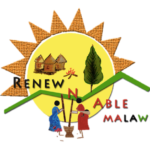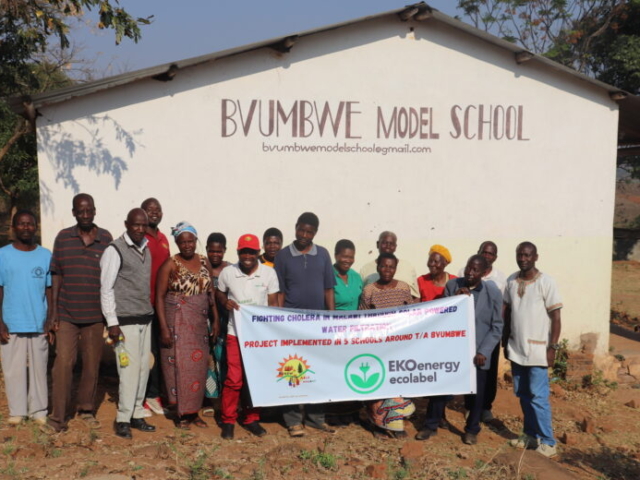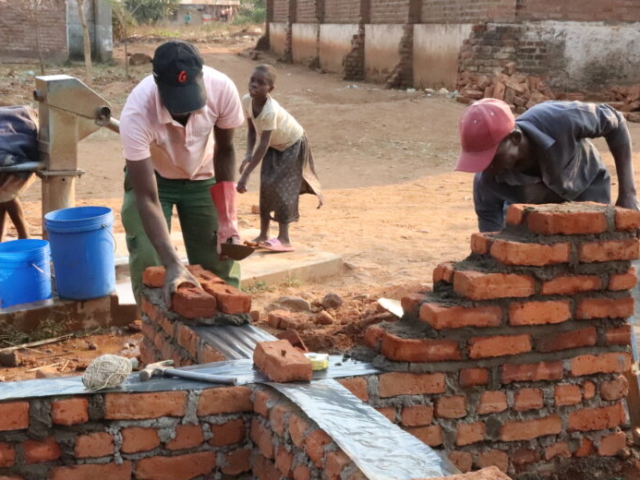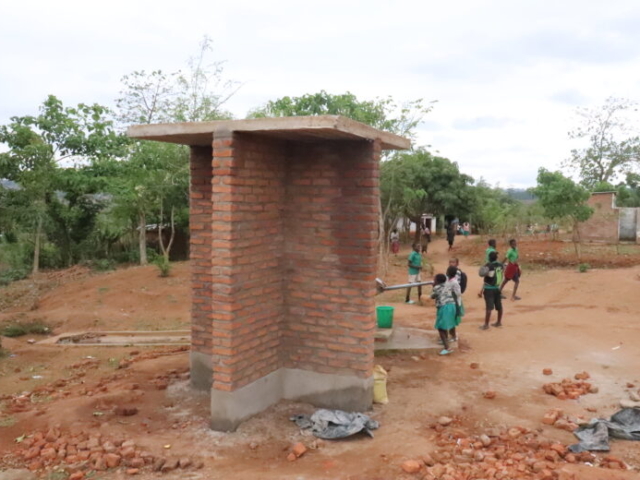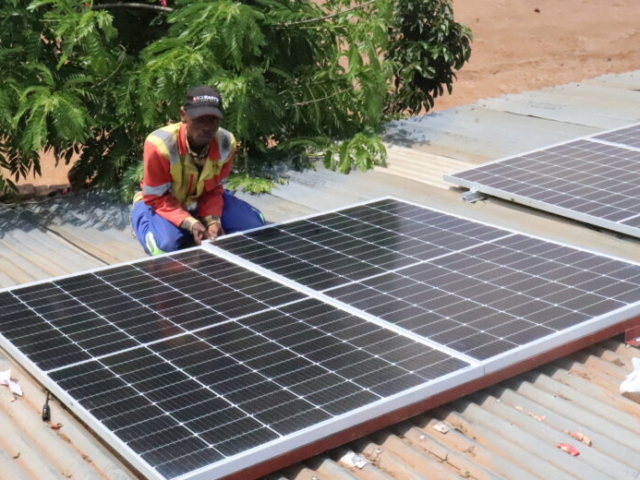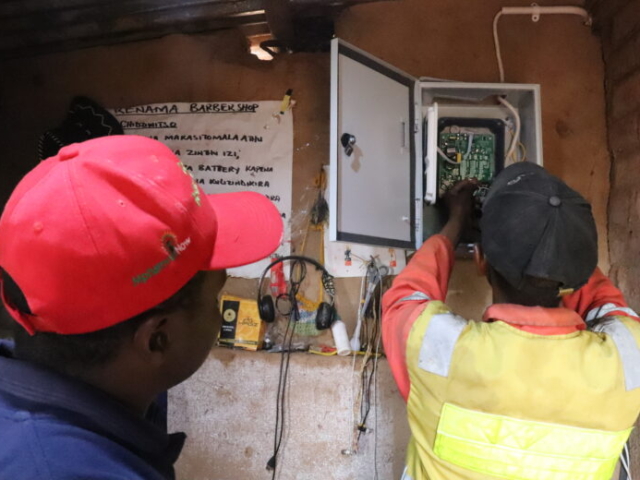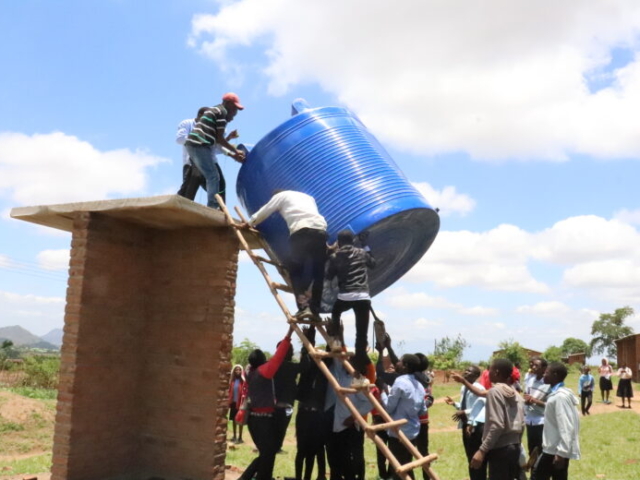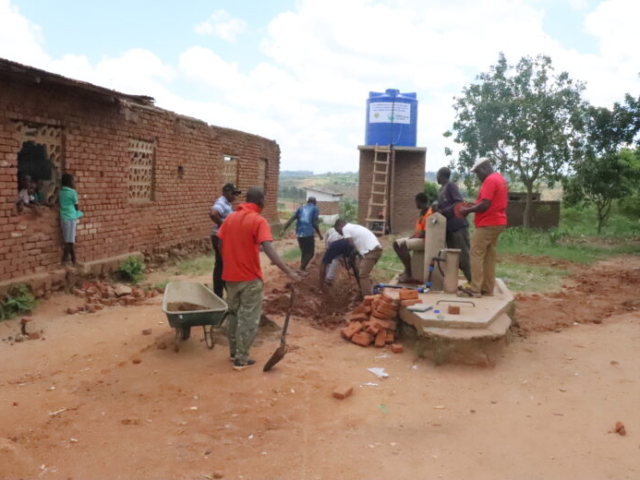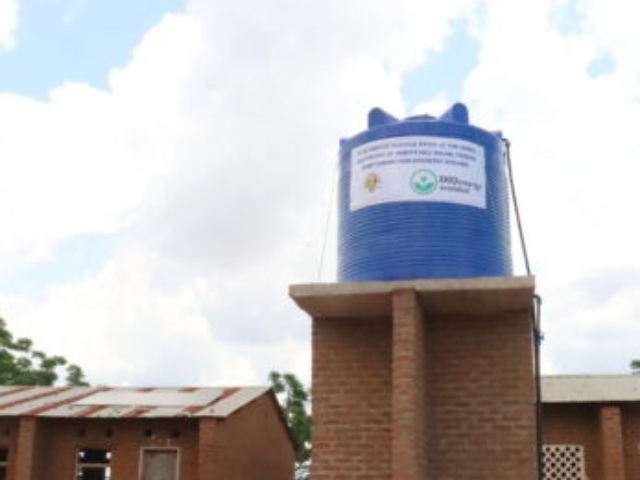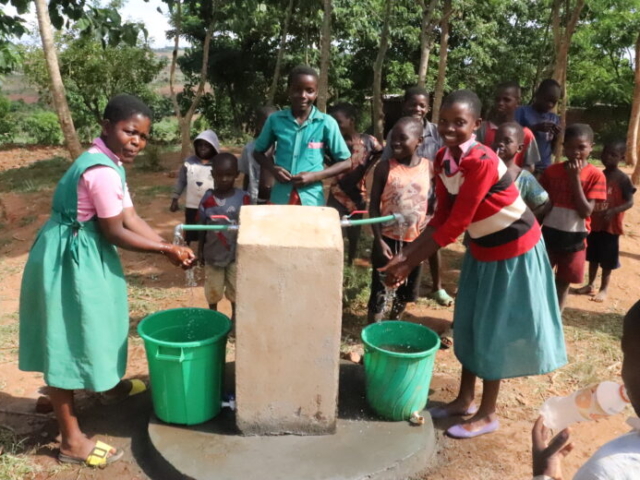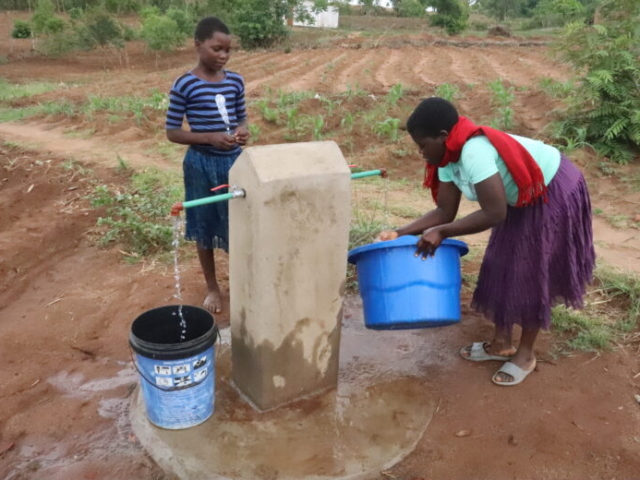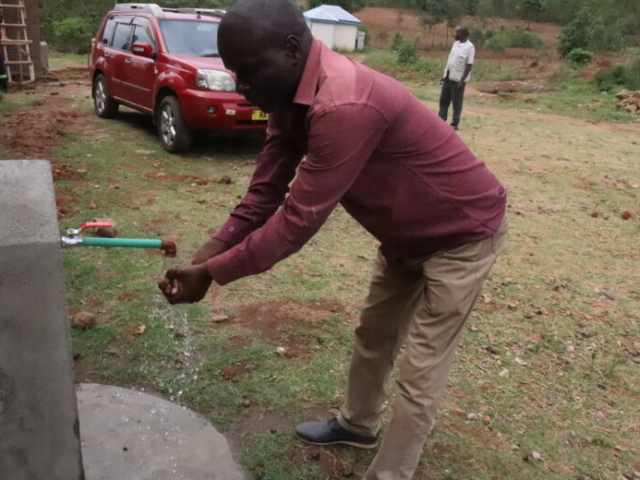Fighting Cholera in Malawi through Solar Powered Water Filtration
The Problem
In Malawi, only 12% of the population has access to the national electricity grid with only 2% being rural households. This scenario has contributed to the challenges faced in the delivery of quality water and sanitation particularly in primary and secondary schools in rural areas where treated tap water is not available, resulting in frequent outbreaks of waterborne diseases. In 2023, Malawi was in the middle of a health crisis due to a cholera outbreak that; according to statistics from the Ministry of Health; saw over 40,000 cases registered with an average of 500 new cases being registered on a daily basis. Over 1,350 people lost their lives to cholera in a period of just 9 months alone with an average of 25 succumbing to cholera on a daily basis. According to the Ministry of Health, one of the major factors that contributed to the rapid spread of cholera is a lack of access to clean potable water by most Malawians, with most having to rely on unsafe shallow wells to access drinking water.
The Solution
In July 2024 EKOenergy ecolabel gave Renew'N'Able Malawi a grant of €39,720 to install solar powered water pumping systems in 3 rural primary and 2 rural secondary schools in villages around T/A Bvumbwe in Thyolo district over a 6 month period. The selected primary schools were: Bvumbwe Primary, Chinkwende Primary and Mphedzu Primary. The selected secondary schools are: Chiriza Community Day Secondary School and Bvumbwe Community Day Secondary School. The 5 schools have a total average combined enrollment of 8,344 students and are located in villages that have a total combined population size of 66,234. All the selected schools are located in rural remote areas that are more than 7 kilometres away from the national electricity grid. These schools were chosen because of their lack of access to electricity, which left them with no option but to rely on unprotected wells to provide drinking water for both the students enrolled at the school and the communities in the villages adjacent to these schools. This situation increased the transmission risk of cholera and other waterborne diseases.
Each school was equipped with a 1.5Kw solar PV array that powers a 1hp hybrid solar water pump and a UV water filtration system. Water is pumped from existing boreholes at the schools and channeled to the solar powered water filtration unit that cleans and removes all impurities, bacteria and germs causing cholera and then stores this clean water in a 10,000-litre overhead tank that the project constructed. The 10,000-litre overhead tank then supplies clean water using gravity to 6 different water taps/points through a water pipe network that also benefits the local communities surrounding the schools. To ensure sustainability and that the solar systems last for decades, the project trained the school management committees, teachers at the schools, and an official from the District Education Office on basic operation and maintenance of the solar water pumping and filtration systems.
The Impact
1. Reduction in the spread of Cholera & Improved Water and Sanitation in 5 Schools – The solar powered water pumping, filtration and distribution systems have brought safe potable treated water to 5 schools that previously did not have running tapped water which ensured that cholera and other waterborne diseases are contained and these schools. This has improved the quality of life of people in those villages as it has reduced the burden on community members who previously had to walk to neighboring villages in search for clean water collection points. This project directly contributed to the achievement of SDG6 – ‘Clean Water and Sanitation’ which seeks to ensure universal access to safe and drinking water. The project is further linked to the achievement of SDG3 – ‘Good Health and Well Being’ which aims to prevent needless suffering and premature deaths from preventable diseases such as cholera and other waterborne diseases.
2. Improved Quality of Education in 5 Schools – In January 2023, the Ministry of Education closed down all schools for 2 weeks in some districts of Malawi which included the 5 selected beneficiary schools. This was done as a measure to try and contain the rapid spread of cholera at that time as there was no treated tap water in any of the schools in those areas. This disrupted education delivery in these schools. The project used solar powered water pumping and filtration systems to contribute to the achievement of SDG4 – ‘Quality Education’ which aims to endure inclusive and equitable education for all’
3. Access to Clean Energy – The project also contributed to the achievement of SDG7 which seeks to ensure universal access to affordable, reliable, sustainable and modern energy for all.
Project Media
Funded by:
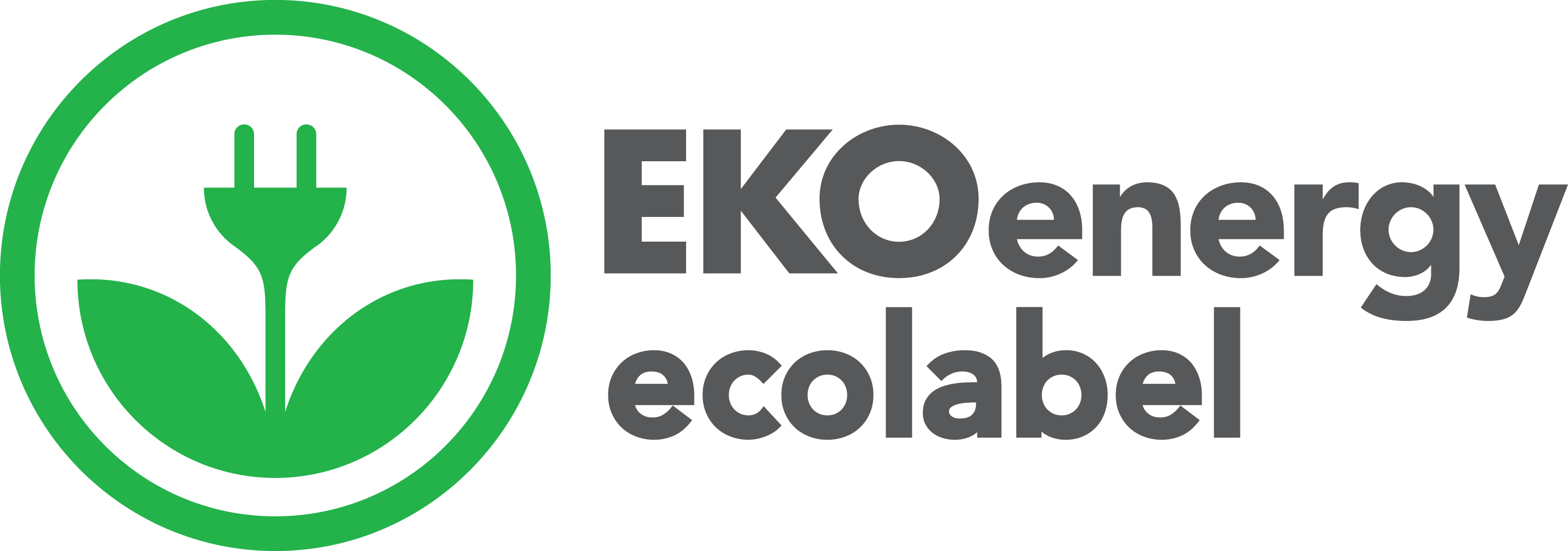
Project Budget:
€39,720
Project Duration:
6-Months
July - December 2023
Current Status:
Successfully Implemented
On-Going Monitoring in Progress
